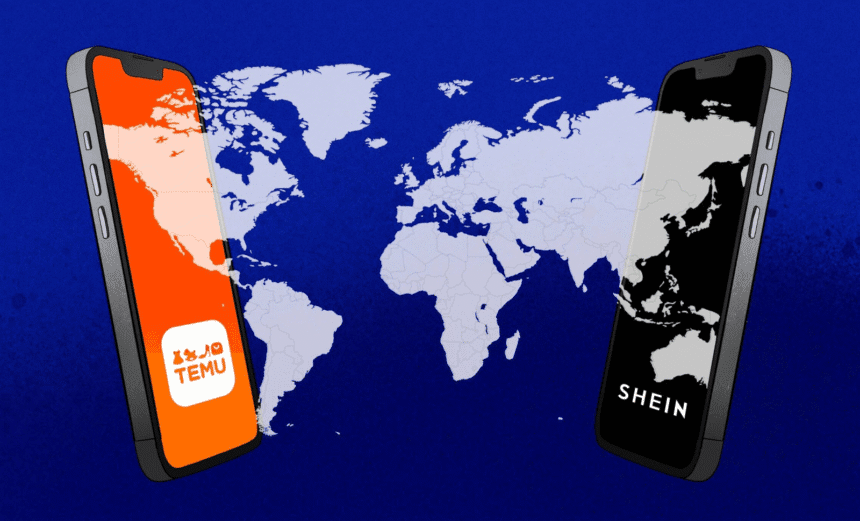For years, American shoppers enjoyed a hidden perk of ordering $20 gadgets on Temu to $15 dresses from Shein arriving at your doorstep with no extra charges. This little-known benefit that made online shopping from overseas affordable was known as the de minimis tariff exemption. This rule, originally created in 1938 to avoid the costs of processing duties, allowed Americans to import goods valued at $800 or less without paying customs taxes. But starting from 29th August, that exemption is gone. As the privilege is being taken away, this move is going to sting many wallets out there.
Under the de minimis rule, US Customs believes that approximately 1.4 billion shipments worth more than $64 billion entered the nation duty-free in 2023. The rule, little known to the public, was a goldmine for companies like Shein and Temu. By breaking up shipments into small parcels, these retailers flooded the U.S. market with cheap goods that dodged tariffs and bypassed regulatory scrutiny.
For consumers, this means only one thing and that is costs are going up. Once tariffs are put in, that $12 Shein top may cost $15 or more. For frequent Temu shoppers known for its low-cost kitchen gadgets, beauty items, and home products, the hike may not appear significant at first. However, the additional fees may eventually make cheap shopping less tempting.
The immediate impact will be felt in higher prices and much slower deliveries. Under the new rules, all imports no matter how small must undergo customs checks. That means businesses will now need to provide extensive documentation about materials and origins, creating delays in shipping and deterring some foreign sellers from even offering products to U.S. buyers. For customers, the result could be fewer options on e-commerce platforms and more frustration and job to be done at checkout.
The financial burden will affect not only consumers, but also small businesses that rely on global supply chains. Companies including Buenos Aires-based shoe brand Zou Xou have developed their business operations around the de minimis exemption, keeping expenses low while exporting artisan items straight to American buyers. Katherine Theobalds, the owner, is now concerned about her prospects of life. “It might be the end for my business,” she said.
Supporters of this move argue that it will level the playing field. U.S. retailers like Walmart and Target have already complained that they were competing against companies that play by different rules. Unions, too, have cheered the decision, pointing out that de minimis shipments often bypassed safety checks and labor standards. “This is about fairness,” one trade analyst explained. “American businesses and workers shouldn’t be undercut by a loophole.”
Shein and Temu believe that the termination of de minimis will modify their US strategy. Both firms have been rushing to establish warehouses and distribution centres in the United States, which might cushion the impact of tariffs. Still, their key selling point of rock-bottom prices will be more difficult to maintain. Shoppers who used to fill their carts with $3 T-shirts and $1 phone chargers may think twice.
The trend also raises a larger societal question whether Americans have become overly addicted to quick, inexpensive, disposable purchases? As one retail expert stated, “This isn’t just about tariffs.” It’s about determining if we prioritize price over quality, safety, and even fairness. For customers used to clicking “buy” and receiving products from all over the world in days, the new system may feel like a step back. Whether this approach benefits American firms or simply punishes consumers will depend on how quickly markets as well as policymakers adapt.















